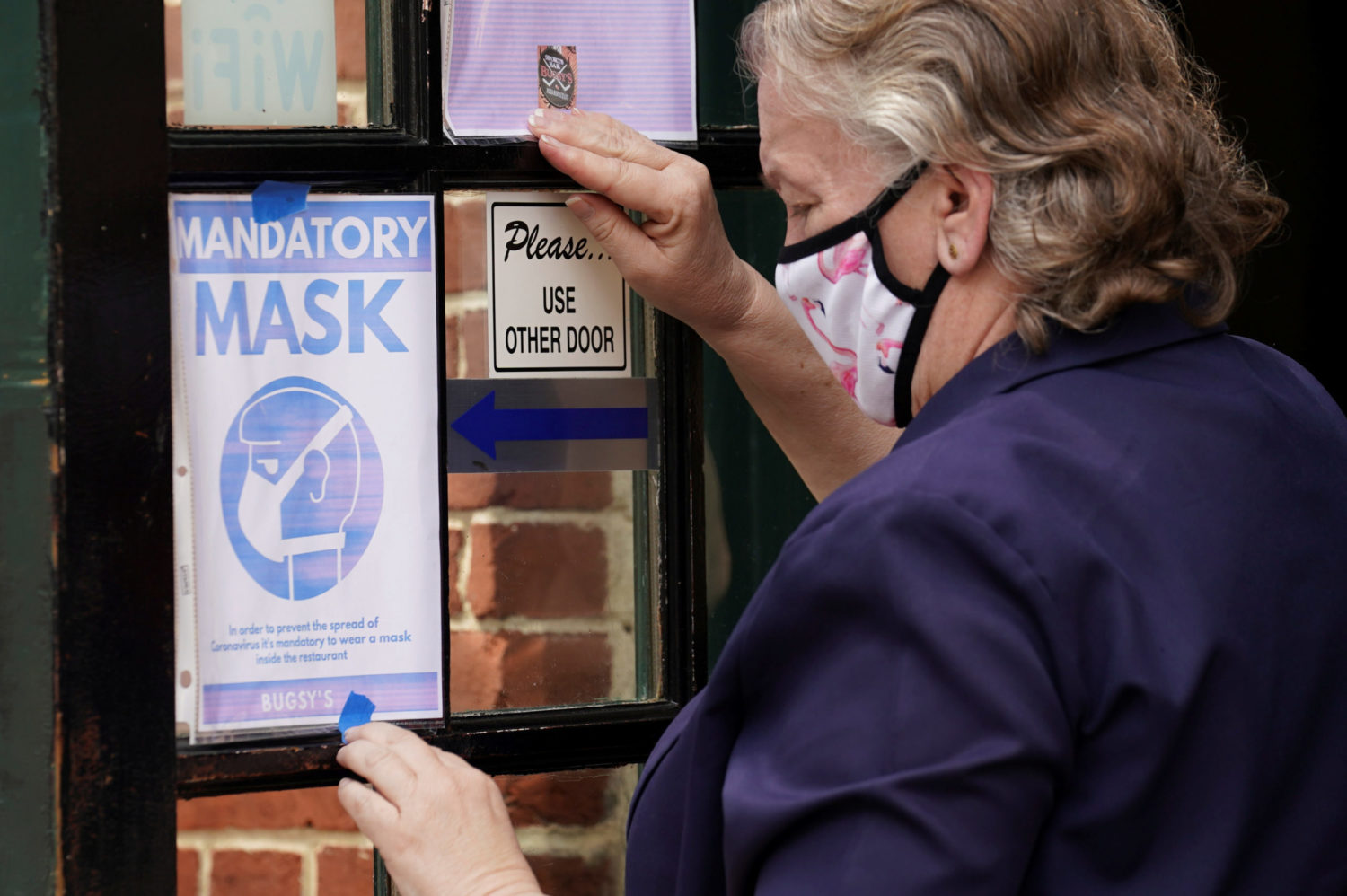
By Stephanie Kelly
NEW YORK (Reuters) – U.S. motorists will see the highest gasoline prices in seven years when they hit the roads this Memorial Day weekend, the traditional start of the summer driving season, as fuel demand surges alongside coronavirus vaccination rates.
Retail gasoline prices are at about $3.04 a gallon on average nationwide, the most expensive since 2014, data from the American Automobile Association showed.
And after a year of lockdowns to curb the coronavirus pandemic, tens of millions of American road-trippers are expected to be stung by those prices: More than 34 million Americans are expected to take to the highways between May 27 and May 31, AAA expects, an increase of 53% from last year but still down 10% from 2019.
“Ahead of Memorial Day, gas demand is expected to rise as more Americans take to the roads for trips that may have been delayed or avoided because of the pandemic,” said Devin Gladden, AAA spokesperson.
U.S. gasoline demand is running at about 9.48 million barrels per day, the highest since March 2020, when U.S. officials began widely restricting travel, Energy Information Administration data showed.
Pump prices had already gotten a boost earlier this month after a ransomware attack on Colonial Pipeline, the nation’s largest fuel pipeline, shut the system for days and stopped fuel supplies from moving across the United States.
Motorists fearing a longer outage raced to gas stations to fill up their tanks, emptying at one point more than 16,000 stations across states such as North Carolina, South Carolina and Georgia.
Around 6,000 gas stations were still without fuel this week, according to tracking firm GasBuddy.
“This is still due to the Colonial outage recovery, plus high demand, making it hard for stations to get back on top of things,” said GasBuddy’s Patrick De Haan.
(Reporting by Stephanie Kelly; Editing by Cynthia Osterman)



